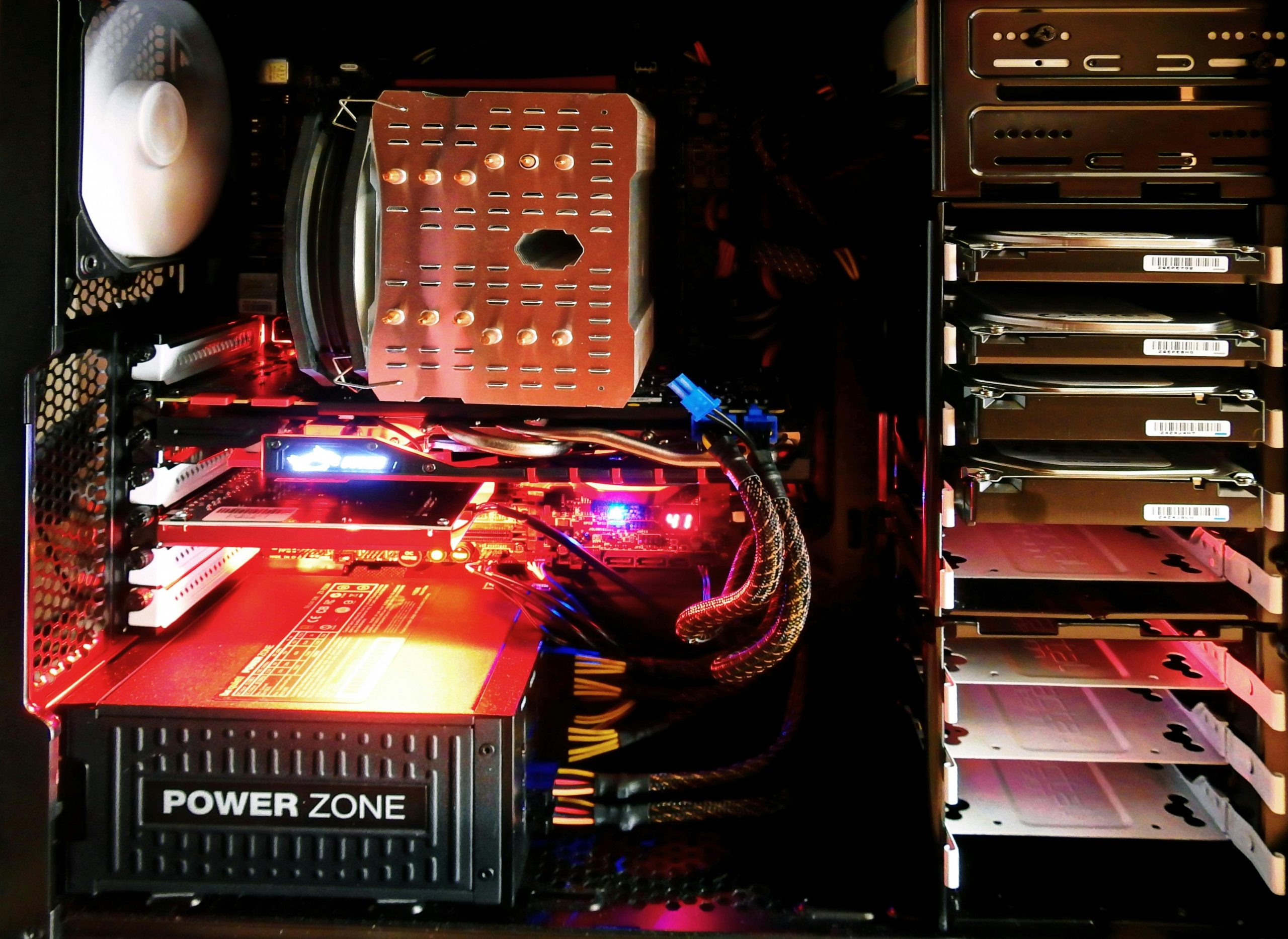Troubleshooting an Overactive GPU Fan: Solutions for a Quieter PC Experience
Have you ever experienced a situation where your computer’s GPU fan operates at such a high speed that it sounds like a helicopter taking off? If you’ve found yourself in this predicament, you’re not alone. Many users encounter similar issues, and the incessant noise can be quite bothersome. Here’s a closer look at what might be causing this problem and how you can effectively address it.
Understanding the Issue
Upon starting your PC today, if you noticed that the GPU fan is spinning at breakneck speeds, it could be indicative of a few underlying issues. High fan speeds typically occur when the GPU is working hard to keep itself cool, especially during intensive tasks such as gaming or rendering graphics. However, if the fan is constantly operating at maximum capacity even when you’re not running demanding applications, it may suggest a malfunction or a configuration issue.
Potential Solutions
-
Check for Dust Accumulation: Over time, dust and debris can build up in and around your GPU and its fan. This can impede airflow and cause the fan to work harder than necessary. Consider opening your PC case and gently cleaning the GPU to improve its cooling efficiency.
-
Ensure Proper Ventilation: Make sure your computer has adequate airflow. If your PC is in a confined space, it may overheat, prompting the GPU fan to kick into high gear. Rearranging your setup might help resolve this issue.
-
Update Drivers: Outdated or malfunctioning drivers can lead to improper fan behavior. Make sure you have the latest drivers for your GPU, which you can download from the manufacturer’s website.
-
Adjust Fan Settings: Many graphics card management applications allow you to customize the fan speed settings. Software tools like MSI Afterburner, EVGA Precision X1, or the manufacturer-specific tools can help you set custom fan curves to reduce the noise.
-
Monitor GPU Temperature: Utilize software to keep an eye on your GPU’s temperature. If it rises beyond normal levels, it may indicate a cooling issue that needs further investigation.
Conclusion
If you’ve tried several software solutions without success, it may be worth examining additional hardware issues or seeking professional assistance. An excessively loud GPU fan not only disrupts your workflow but can also signal potential overheating problems that may affect your computer’s longevity. By following these steps, you can take control of your GPU’s fan noise and enhance the overall tranquility of
Share this content:




Hi there, since your GPU fan is running at excessively high speeds, it’s important to diagnose the root cause to prevent potential hardware damage. Here are some troubleshooting steps you can follow:
By following these steps, you should be able to mitigate the high fan